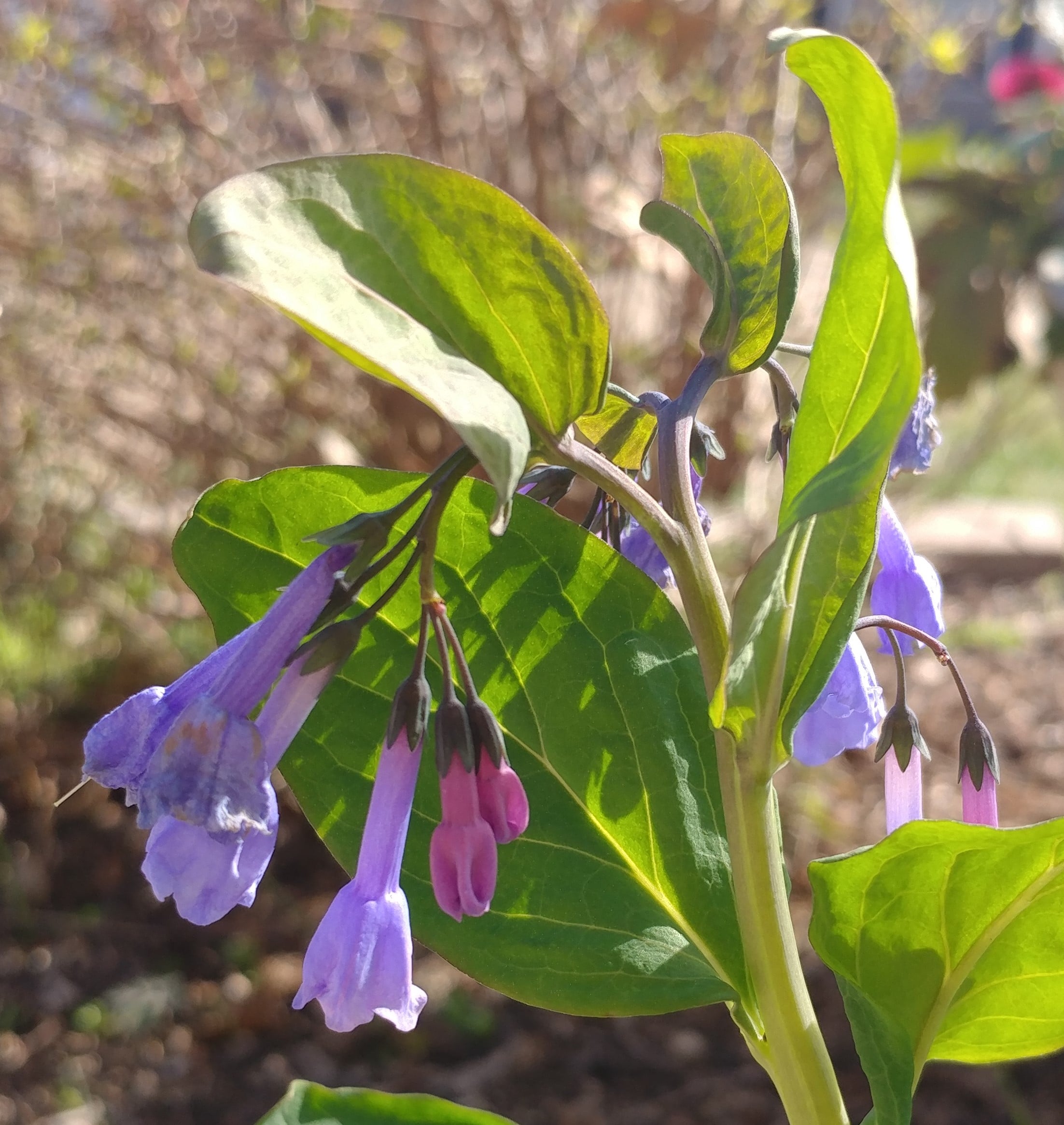By MaryAnn Fink, Pollinator Junction, LIFE Exhibit Curator
A favorite word of mine is “Recology”: localize, minimize, waste-less recycling…my way… as it applies to composting in the garden.
Call it what ever, in its simple terms it’s a “stop, chop and drop” mindset with garden debris, keeping a tight “in place” biocycle regardless of the time of year.
Recology includes:
- Cutting back the garden in spring;
- Reducing a perennial plant’s height mid-spring;
- Post-bloom deadheading, tree or shrub twig removal or weeding;
- Doing fall “top drop” of the summer annuals in September, putting it back in the garden.
Recology can be done in various ways but it is always the same:
STOP
And “bee” sure you know what plant you are looking at before you consider any action. Know who it supports, its natural role and the purpose it serves in the chain of life.
A perfect example the other day, on the edge of the path was a tiny unexpected pleasure. Mixed among some “wrong place” volunteer plants (often referred to as weeds) was a just-budded lovely native violet-host plant for a Fritillary butterfly. I moved it to a more appropriate place.
CHOP
Is a rough term for cutting in any way to various lengths and extremes. Whether cutting out the root, cutting to the crown, cutting close to the base, cutting to a leaf, a joint, a twig, a branch, to basal foliage, or just below a flower head, it varies depending on the plant and the time of year.
DROP
Is letting the garden debris “lay” to return it from where it came. Whether it’s directly as it falls or in the general vicinity, but in a less visible place, or even just discreetly scattered, the material continues its purpose. Even lightly mounded sticks and leaves somewhere on the property are better than occupying landfills.
In a home situation an uprooted weed and some faded leaves dry out and disappear in a few days. Trashing isn’t necessary. This way the decaying material can continue its function as something’s food, maybe a home or cover and protection, until eventually the organic cycle completes.
It has advantages when done to any degree, but becomes a tiny step toward “Gaia” gardening, which is a “with, not against, Nature” philosophy. As a pollinator preservationist, this philosphy is basic and a part of LIFE gardening and balance.
(Photo is of Virginia bluebells/Virginia mertensis, a bumble bee favorite. Virginia bluebells produce foliage in spring but after feeding the bees nectar, the blossoms collapse and the leaves die off. If left in place, the leaves will completely wither away and return the exact nutrients borrowed right back to the soil bank!)







 BACK TO ALL POSTS
BACK TO ALL POSTS


